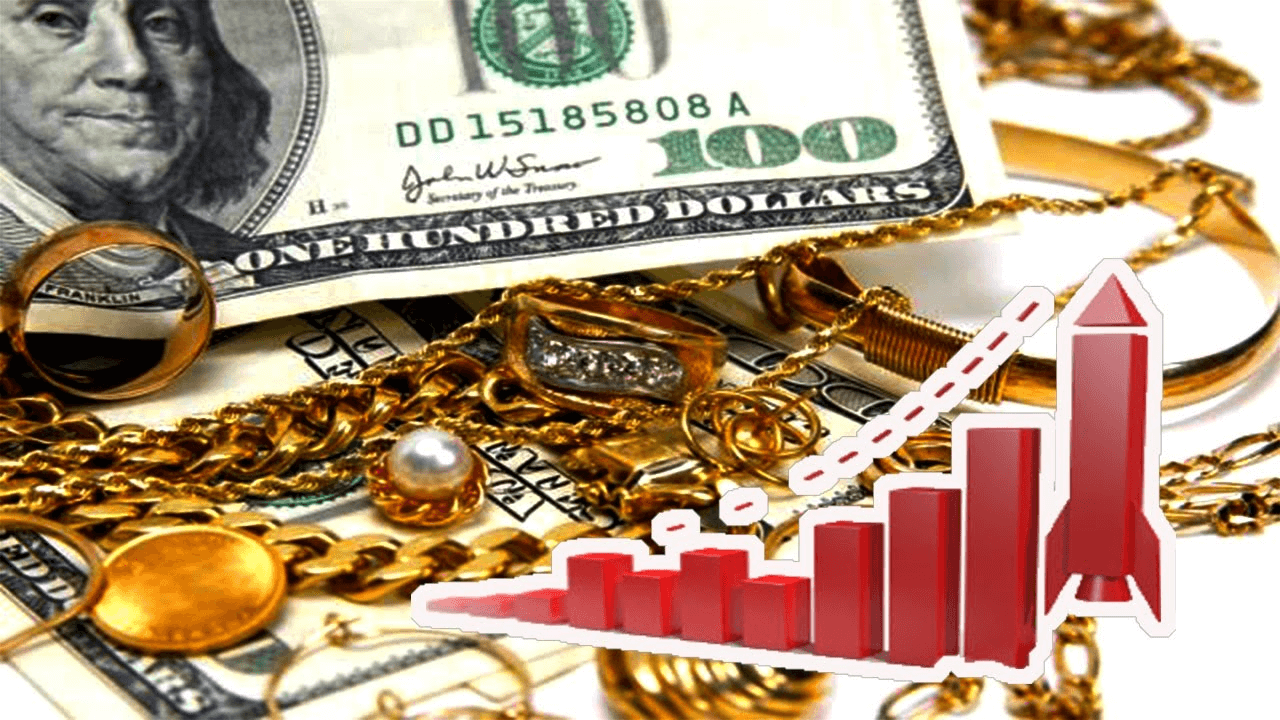How Do Pawn Shops Determine Value ?

It happens to people across the country: they take their valuable item to a pawn shop, hoping to use it as collateral for a loan. But the pawnbroker offers them significantly less than they were expecting. Many people are surprised to learn their item doesn't bring as much money as they imagined. Others become convinced that the pawnshop is simply undervaluing the item. What's the truth? How do pawnbrokers assess an item's value and use it as the basis for a loan?
To avoid disappointment, it's essential to learn how pawn shops operate. Depending on the item, you may get more money by selling it outright, however that comes with a lot of time and hassle, and meeting strangers, dealing with low balling, unengaged tire kickers, and lots of questions from many who really are just curious, not serious buyers. This is a reality of selling your own stuff on For Sale platforms. That said, pawning it can be a very quick way to obtain a no-credit-check loan...and the valuable that fetches you the biggest loan may not be the one you expect. Read on to learn how pawnbrokers determine value and offer loans, so you can make the most informed decision.
How much do pawn shops mark up items?
First, remember that pawnshops are businesses. They cannot offer you the full market value of an item because they need to turn a profit to pay for buildings, lights, heat, fixtures, employees, advertising and more Otherwise, they're paying for a storefront filled with items they may not sell! When you pawn or sell an item, you're not getting free storage space. The only favor a pawnbroker offers you is the opportunity to obtain quick cash by using one of your valuables as collateral.
So, the question is not necessarily how much pawn shops "mark up" items. While a retailer will purchase items wholesale and add their profit margin, a pawnbroker simply needs to recover an item's market value if you default on your loan. So, all pawnbrokers' offers are based on a portion of the market value.
For example, if your guitar was worth $500 on the open market, a pawnbroker can't offer you a $500 loan. Assuming you repay the loan on time and reclaim your item, the pawnbroker would have been storing your item for free. And if you don't pay your loan, the pawnbroker must sell the item to recoup their loss. If they gave you $500 for an item that took up valuable space, they'll need to fetch more than $500 for it. But as that's not possible, they'll protect their profits by offering you less money to begin with.
What percentage do you get when you pawn something?
In general, you can expect to receive about half of your item's market value in your loan. However, this depends on the item. Items that are regularly pawned, yet don't have a lot of buyers will lower the offer price. In those cases, you will receive less than 50% of the market value.
If you're selling the item outright, you may receive a little more — assuming the item has a market. The pawnbroker will often pay a higher price as they know they'll have the chance to resell the item. On the flip side, if they suspect you won't reclaim your item, they'll offer less to avoid having to store and sell your item. In either case, they still need to protect their profit margin.
How do pawn shops calculate value?
Most pawnshops try to maintain a 38-50 percent profit margin, which means they want to earn that much compared to what they offer you. So, they'll assess your item's market value, then reduce it by their profit margin.
Keep in mind that sentimental value and the original purchase price mean little in relation to current market value. When you buy an item in a store, you're not only paying the retailer's markup but also the salesperson's salary, shipping and storage costs, marketing, etc. And no matter how special an item is to you; it may not bring much upon resale. Still, do your research before going to the pawnshop. If you have clear data on why an item should sell for more, bring it to the table.
Where do pawnbrokers find market value?
Pawnbrokers have access to value databases that list current resale prices for common items. If an item isn't listed in these databases, they may check eBay to see what customers are paying for the item.
Jewelry, antiques, and historical artifacts may require a special appraisal by an expert. For example, a piece of gold-and-diamond jewelry will require accurate measurements of both precious materials, so the pawnbroker can accurately quote the current gold and diamond market prices.
Do pawnshops test gold and jewelry?
Many pawnbrokers don't offer such services, so it may be prudent to have a gemologist appraise your item before you pawn it. Also, be sure to offer jewelry of varying karat levels separately, as higher-quality pieces are worth more.
What do pawn shops pay the most for?
Pawnshops need to make sure their items have a potential market. Whether you're selling your item outright or pawning it, pawnbrokers must ensure they're saving their storage for items that will sell.
Safe bets for pawning or selling include any item that has sufficient market demand and generally had a high retail price. If you're wondering, for example, "what can I pawn for $1000?” consider pawning:
- Musical instruments
- Premium electronics (e.g., high-end laptops, new HD TVs, gamer computers)
- ATVs and Motorcycles
- Firearms
- Jewelry and Watches (assuming that they're of a high quality/karat level)
As these items' resale values are relatively high, pawnbrokers can offer higher loans when these items are being pawned.
However, depending on the shop and local market, collectibles, antiques, sports/fitness equipment, and art can also garner high-value loans. Do your homework on the pawnshop of interest to see what types of items they sell.
Wrapping Up
Pawnshops offer opportunities to obtain loans for your valuable items or even cash for those you're willing to relinquish. However, pawnbrokers are ultimately running a business and cannot offer free storage space. They also need to accept the risk that you may never claim your item. For all those reasons, you'll never get a loan or cash equivalent to an item's current market value. That doesn't mean pawning or selling can't be worth your while, though!
Do your homework before you take in an item, and know what you'd like to receive for it. Be willing to shop around different pawn shops with distinct markets and niches. With a bit of research, you may be able to improve the offers you receive for your valuable.

